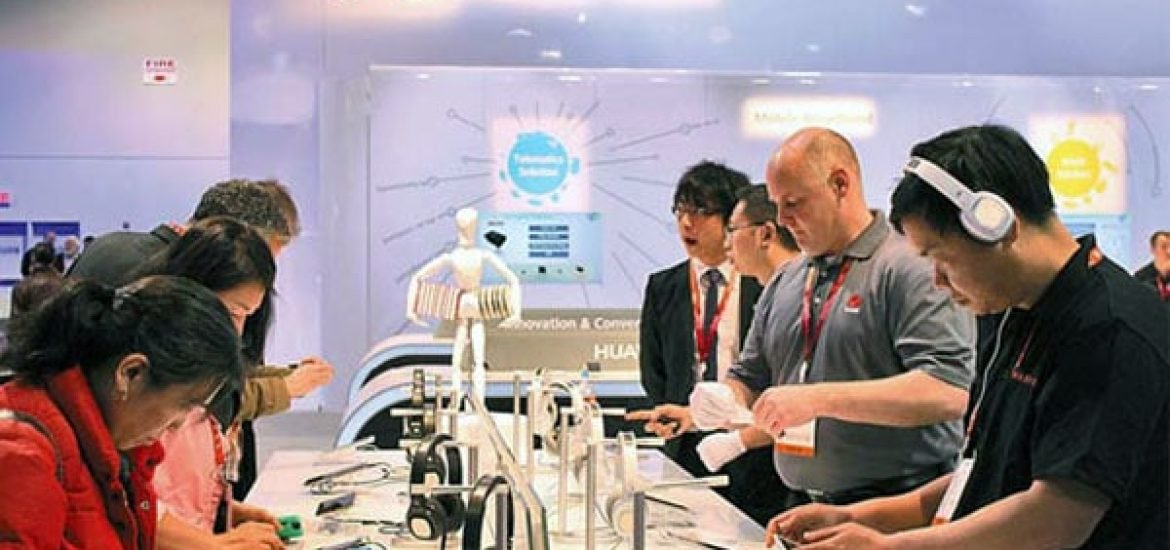
Huawei’s impressive EU expansion somewhat stalled amid spying accusations. The company may compromise national security, US and Australia say.
Chinese ICT solutions provider Huawei is pushing to open up to the world’s media. So far, the company has successfully spread in European countries – its largest market outside of China. It has thus become the n1 network technology provider in countries like the UK, Germany and Spain, and has join efforts with several European telecom operators to develop 5G technology in the UE (Vodafone, Telefónica, Deutsche Telekom, Orange…). However, worries that the company could be used by the Chinese government for espionage have somewhat derailed its plans for further European expansion.
What sparked controversy are potential secret “backdoors” in Huawei’s code that could allow Beijing to steal European technology. For Philippe Le Corre, a former French government official now at Harvard University, there could be an issue in “giving a foreign company major power over your data.” As it is, European companies and governments increasingly rely on telecom networks for their ever-growing data transfers – some of which is confidential. This is why the US and Australia have kept Huawei out of their networks.
For one, not only is the relationship between companies and “The State” considered as cloudy by Western nations, but the company’s founder and current chairman Ren Zhengfen spent 10 years in the Chinese Army’s engineering corps. This close connection prompted a harsh 2012 report by the U.S. House of Representatives’ permanent select committee on intelligence. It said “China has the means, opportunity and motive to use telecommunications companies for malicious purposes.”
Well aware of these accusations, Huawei has stopped positioning itself as a Chinese company. It now claims it is an international company. “We hope that by being more transparent as a company this will become less of an issue”, says Huawei’s head of global PR, Ada Xu. “We are open to any kind of investigation because we are doing nothing. We are a business and we only want to do business.”
However, for all its global outreach, Huawei was indeed caught amid one spying scandal, when T-Mobile USA sued Huawei, claiming it had stolen trade secrets about a phone-testing robot called Tappy. Huawei dismissed the thieving accusation by claiming T-Mobile’s statement failed to point out any trade secret “stolen” with sufficient specificity. After three years, a US federal jury eventually found the Chinese company guilty. It was ordered to pay $4.8m in damages.
This post is also available in: FR (FR)